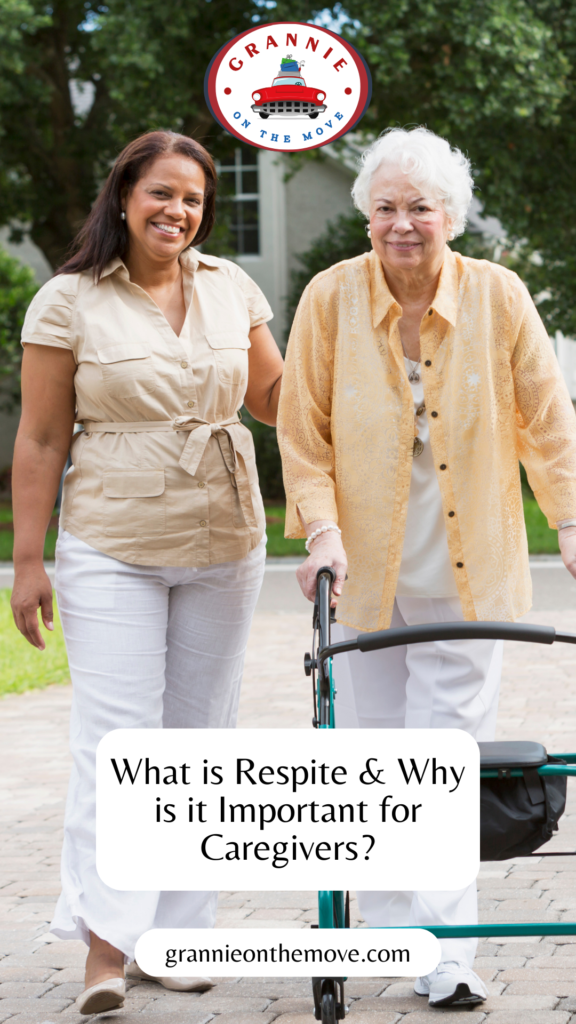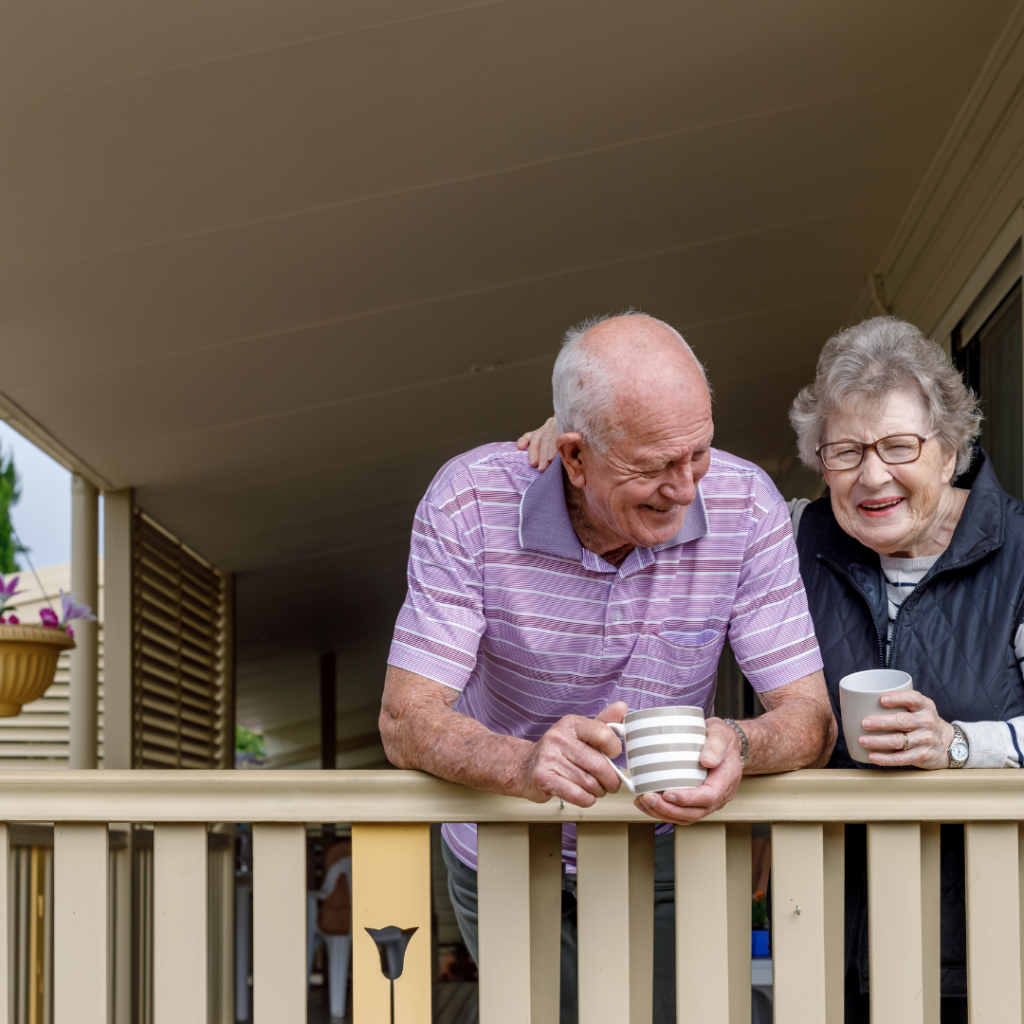Caregiving can be one of the most fulfilling jobs out there, offering a sense of purpose and meaning that’s hard to find elsewhere. However, it can also be incredibly demanding, both physically and emotionally. That’s where respite care comes in.
In essence, respite care refers to any service or support that helps a primary caregiver take a much-needed break from their responsibility to care for a loved one. Whether a simple afternoon off or a week-long vacation, respite care can provide caregivers with much-needed time to rest, recharge, and rejuvenate.
In this way, it’s a crucial form of support that can help prevent caregiver burnout and ensure they remain healthy and resilient in the long run.
Keep reading to learn what respite is and why it’s essential for family caregivers.
What Is Respite?
Respite is temporary relief from your caregiving duties that allows you to recharge and take time for yourself. It can be as simple as a few hours away or as long as a weekend retreat. It’s an essential part of making sure that you’re able to continue providing high-quality care for your elderly parent or loved one.
As a caregiver, you dedicate your time, energy, and love to caring for someone else. It can be a rewarding experience, but it can also be physically and emotionally draining. That’s where respite comes in.
Benefits of Respite Care
There are many benefits to respite, and the transfer of primary caregiving responsibilities, from time to time. For one thing, it can help you avoid caregiver burnout. Burnout occurs when you’re overwhelmed by your caregiving duties and begin feeling exhausted, irritable, and even resentful. Respite gives you a chance to step away from these demands and recharge.
Respite can also improve your physical health. Caregiving can be physically demanding, and it’s not uncommon for caregivers to suffer from back pain, headaches, and other ailments. A short-term break can help you rest and recuperate, improving your overall health and well-being.
Perhaps most importantly, respite can help you maintain your emotional health. Caregiving can be emotionally draining and can involve social isolation, and it can be difficult to navigate the wide range of emotions that come with caring for a family member who is sick or disabled. Respite gives you the much-needed support and opportunity to take a step back and focus on your own feelings and needs.
It’s important to note that (despite feelings of guilt many caregivers admit) respite isn’t selfish or indulgent. It’s a necessary part of caring for someone else. Just as airlines tell passengers to put on their oxygen masks before assisting others, caregivers need to prioritize self-care to provide proper care for someone else.
If you’re a caregiver, it’s crucial to prioritize respite. Don’t feel guilty about taking time for yourself. You’re doing important work and deserve to take care of yourself too. It’s highly encouraged for caregivers of older adults to contact friends, family members, and community resources to find respite options that work for them.
Types of respite care
Respite can take many forms, depending on your needs and interests. It might mean hiring a home health aide for in-home services while you run errands for an afternoon. Or, it could mean arranging for a friend or family member to take over for a day or two so the full-time caregiver can take care of other important aspects of their lives. It might even mean attending a support group or therapy session specifically designed for caregivers.
The most popular forms of respite care are…
- informal – friends and relatives can provide the primary caregiver a temporary break with short-term care, like occasional overnight stays.
- adult day care centers – these adult daycare facilities not only ensure your loved one is in good hands, care-wise, but allows for social interaction of the care recipient with their peers.
- home care services – an in-home respite care provider (home health aides) is a skilled professional that can bring peace of mind to anyone who still balances a full-time job in addition to their caregiving responsibilities.
- residential care – usually found in the way of assisted living facilities or senior communities. Often short-term stays can be arranged, where the care recipient still has access to medication and other activities of daily living, led by health professionals.
Arch national respite locator service is a valuable resource for locating appropriate respite care services that fit the needs of your family.
Whatever form it takes, respite is critical for maintaining your physical and emotional health. All too often, in-home caregivers neglect their own well-being in favor of their loved ones’ needs.
Cost of respite care
When it comes to respite care, there is no one-size-fits-all price tag. Families must consider their specific needs and the services they require before investigating the going rates in their cities. It’s essential to research, as different providers and agencies may charge varying rates for their services.
For instance, a family with a loved one who needs medical respite care may be charged differently than a family looking for a temporary break to run errands. It’s crucial to ensure that you’re getting quality care that suits everyone’s needs without breaking the bank, and researching prices is a great place to start.
Conclusion
Respite is an essential part of caregiving. Whether it’s a few hours or a weekend away, taking time for yourself can help you avoid burnout, improve your physical and emotional health, and be a better caregiver in the long run. Don’t neglect your own needs in favor of your loved ones’; prioritize respite and give yourself the care you deserve.
Grannie On The Move understands the importance of respite care in providing caregivers with a much-needed break. We’re dedicated to helping caregivers find reliable and affordable respite care services that fit their unique needs and budget.
With our knowledge and expertise, we can help ease the burden of caregiving and give caregivers peace of mind. Contact us today to learn more about our services and how we can help you.


